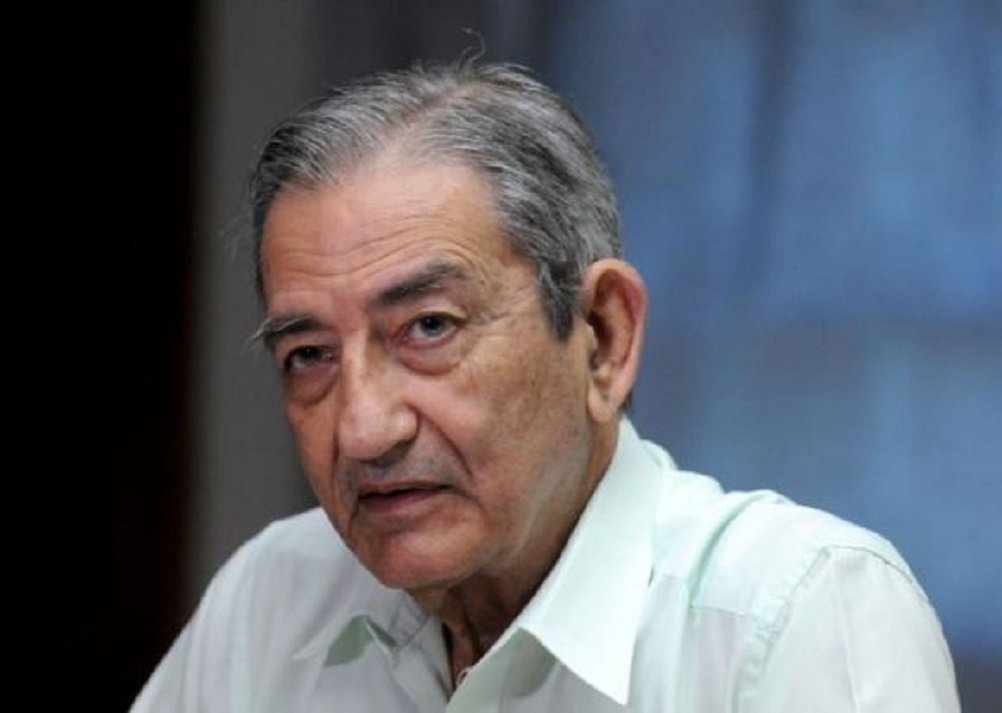Jessica Xanthomilla
Newspaper La Jornada
Saturday July 16, 2022, p. eleven
The violence that plagues the indigenous communities of Aldama and Chalchihuitán, in Chiapas, and that has generated forced displacement and murders of residents, although it is rooted in decades-long agrarian conflicts, currently its essence is the richness of the land for its exploitation, your domain or for the management of criminal activities. Interests of an economic nature, of political power, control of the territories, we speak of organized crime
also, said the rapporteur for the Rights of Indigenous Peoples of the Inter-American Commission on Human Rights (IACHR), Esmeralda Arosemena de Troitiño.
In an interview at the end of his visit to Mexico, together with other experts from the IACHR to monitor the precautionary measures that were issued for both municipalities of Chiapas between 2018 and 2021, he recognized the openness of the Mexican State to facilitate the means to carry out his work and talk with authorities at all levels of government, from the Ministry of the Interior to municipal presidents.
The IACHR granted precautionary measures in February 2018 for 10 communities in Chalchihuitán and Chenalhó, in order to guarantee the rights of displaced Tsotzil indigenous people; meanwhile, in April 2021, this resource was granted in favor of families from 12 communities of Aldama, due to the situation of risk due to attacks by armed groups.
Arosemena de Troitiño stressed that although significant progress has been made to deal with this conflict, which has led to violence high caliber
this has not been resolved and warned that this has generated a cracking of the social fabric.
He expressed his surprise that during the visit to the communities he was able to verify the perforations by the bullets in the houses of the people, in a region that you cannot believe that you are going to hear shots as if we were at war
.
What the inhabitants are experiencing is anguish, fear
affects life the integrity of people, there are deaths, injuries, there are people who have been left with disabilities
. There is also emotional and physical instability, are experiencing health, education, housing, daily sustenance and food problems
he asserted.
The IACHR rapporteur for Mexico also explained that the beneficiaries of the precautionary measures, with whom the delegation was able to meet between July 12 and 13, have demanded that this conflict be resolved. attending to all the elements that may be involved
.
He indicated that although there is an apparent calm, the inhabitants assured that sometimes we have stayed like this for a month or two, but then we come back again. That is why the topic of the definitive solution is necessary
.
Arosemena de Troitiño emphasized that what is happening in Aldama and Chalchihuitán are not isolated cases, but important serious ones, but there are others equally that require attention
institutional response and presence of the State in situations of violation of human rights
.
He pointed out that to deal with these situations, the institutional articulation of the three levels of government is required, with a rights perspective, with cultural relevance
.
In this sense, he added that the victims feel that there is justice, that there is reparation, that they have the security that these events will not be repeated
.
The former magistrate of the Supreme Court of Justice of Panama announced that after this visit a report will be prepared and stressed that the indigenous peoples they are the defenders of our lands, of the environment, of our own humanity
.








